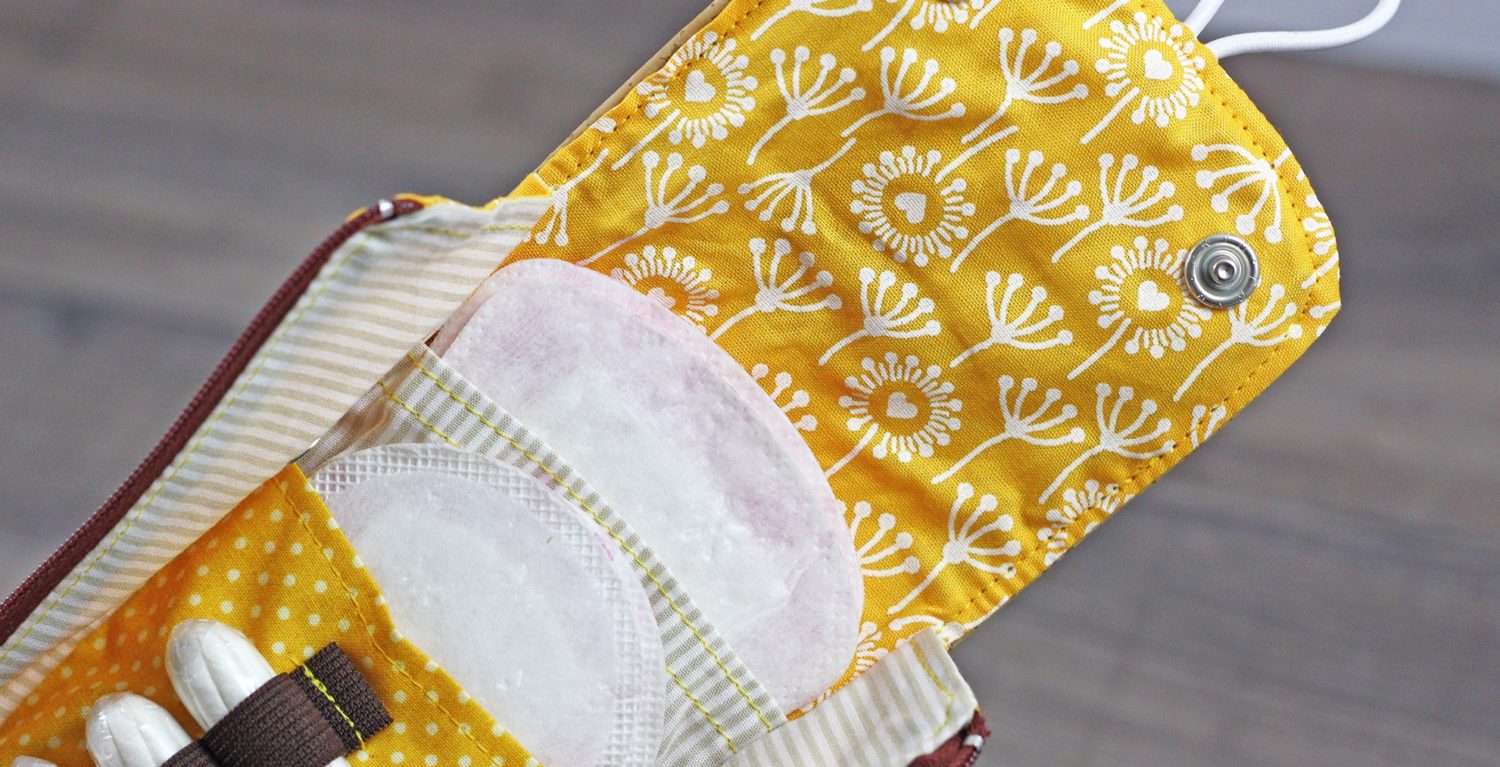Mainstreaming menstruation
The solution to period poverty involves so much more than simply providing free tampons and towels, explains Kate Bowen-Viner.
‘Period poverty’ is often used to describe girls missing school due to being unable to afford menstruation products. It’s an issue that has garnered widespread public and political attention, and rightly so. For example, in 2017, Labour MP Jess Philips joined campaigners outside Westminster in protest to end period poverty. Many activists are fighting for policy changes so that menstruation products are freely available in schools, and this is something worth fighting for – girls shouldn’t fear going to school if they can’t afford tampons, sanitary towels or mooncups. However, a narrow focus on boosting girls’ school attendance with free menstruation products is not the ultimate policy solution.
Although school attendance is important, the problems associated with period poverty are more nuanced. This is because period poverty is not only about accessing physical sanitary products; the term more widely encompasses having poor menstrual knowledge. Hence, effective menstruation education on the national curriculum and tackling stigma in schools should also be a top priority for a Labour government, because free period products will not educate both girls and boys about menstruation.
Unfortunately, planned policy changes do not go far enough and the Conservative government’s green paper on planned changes to relationships and sex education will not effectively tackle period poverty. Whilst the green paper’s draft guidance sets out that “programmes should include understanding of and preparation for menstruation, for all pupils,” no mention is made of challenging stigma or emotionally supporting girls. Furthermore, rather than menstruation products being centrally funded, draft guidance suggests that schools themselves should make “adequate and sensitive arrangements to help girls manage menstruation.”
Looking to the Labour party, in 2017, Angela Rayner announced a £10m plan for schools to provide girls with menstruation products. Whilst this is a massive step in the right direction, the party could go further. Improved menstruation education should go hand in hand with easy access to products.
Research in the UK shows us that menstruation education is largely lacking. Plan-UK’s survey highlighted that one in seven 14 to 21-year-old girls did not know what was happening when they started their period and more than a quarter of girls did not know what to do when they started their period.
International research shows us that limited access to menstruation products and poor menstruation education is linked to low mood, stigma and poor educational engagement and schoolgirls with poor menstrual knowledge can experience fear and shame about their menstruation. This resonates with findings from the UK, which highlight that 48 per cent of 14 to 21-year-old girls are embarrassed by their periods and only 22 per cent of 14 to 21 year-old-girls feel comfortable talking to a teacher about their period.

